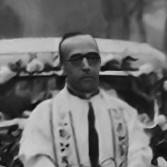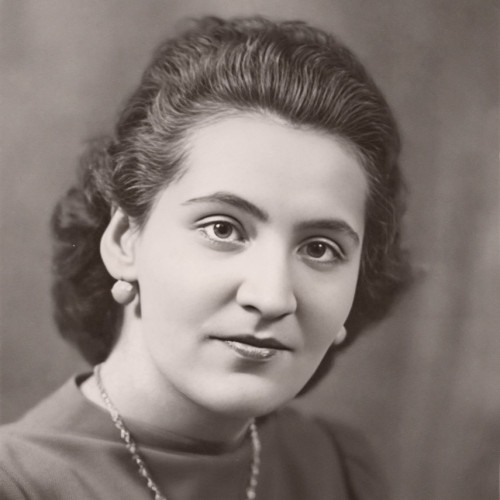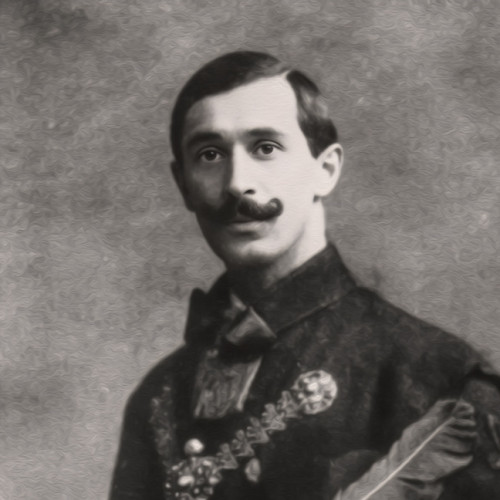Tassybaj Abdikarimow - Instytut Pileckiego
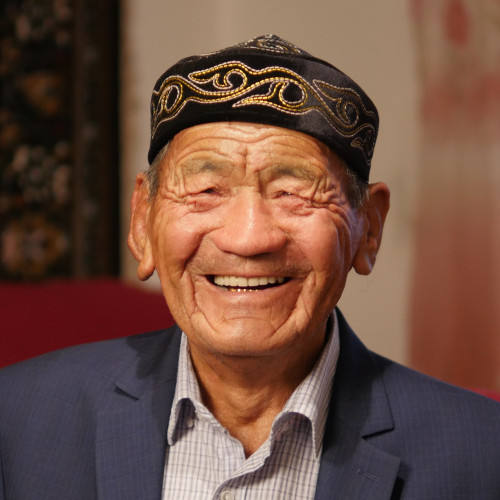
The Jabłoński family were in an difficult situation — terrible sanitary conditions, shortage of food, and hard labor in the sun caused a very high mortality rate among he inhabitants. During this difficult time, help came from a 16-year-old Kazakh.
Following the territorial changes introduced after the Second World War, about 35,000 Poles who stayed in their homes beyond the Eastern border of Poland were deported by the Soviet authorities to the East. The last large deportation of this kind occurred in April 1952, when the deportees from the Byelorussian Soviet Socialist Republic were transported to southern Kazakhstan and placed in kolkhozes and sovkhozes where they lived with the locals. Among the deportees was the Jabłoński family, who eventually settled in the Pakhta-Aral sovkhoz in the village of Ilich.
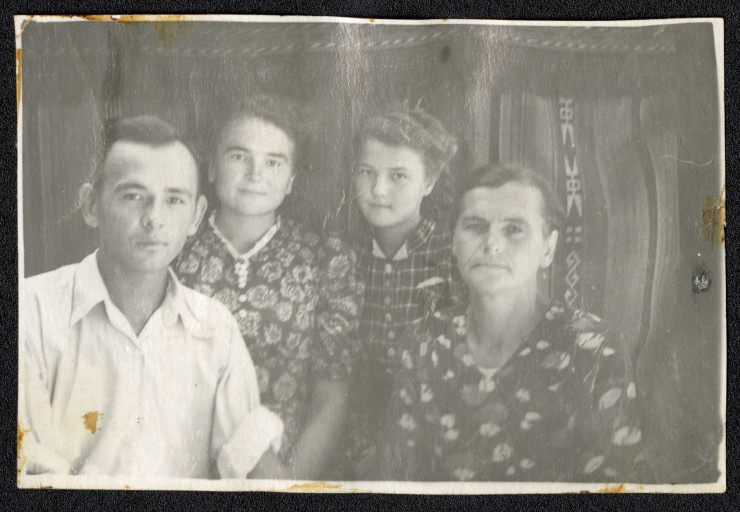
The Jabłoński family were in an extremely difficult situation — terrible sanitary conditions, shortage of food, and hard labor in the sun caused a very high mortality rate among he inhabitants. Amelia Jabłońska had to provide for her three children and herself alone when her son Walenty fell ill. During this difficult time, help came from a 16-year-old Kazakh, Tassybay Abdikarimov, who shared food with his neighbors and looked after the ailing Walenty.
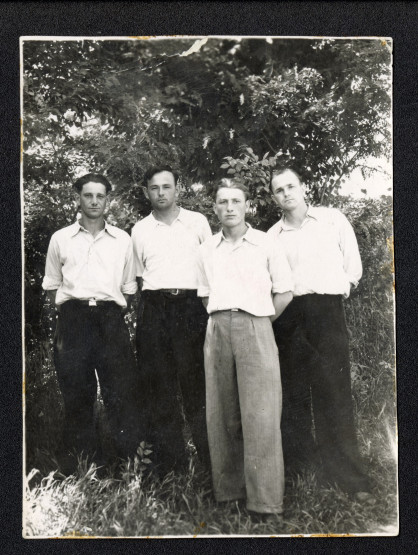
Through these modest means of support, he helped the Jabłońskis adapt in Kazakhstan. Following the amnesty, some family members returned to Poland in 1956. The extraordinary friendship between the young Polish and Kazakh men has endured — Tassybay Abdikarimov continues to look after the graves of Walenty’s father and siblings, as well as of other Poles who never returned to their homeland.
fot. Pilecki Institute
See also
- Raymond Voegeli

awarded
Raymond Voegeli
(1894–1980)Helping those in need was the meaning of Father Raymond Voegeli’s life. Before the war, he was a member of the Camillians, whose main mission was ministering to the sick.
- Etela Laczuschová

awarded
Etela Laczuschová
(1922–1944)The Kežmarok house was a unique location for Polish couriers and refugees: they could rest and recuperate there, eat a meal, or obtain necessary assistance.
- Ferdinánd Leó Miklósi

awarded
Ferdinánd Leó Miklósi
(1889–1968)As a 21-year-old in 1910, he was a member of the Hungarian delegation that participated in the unveiling of the Grunwald Monument in Kraków.
